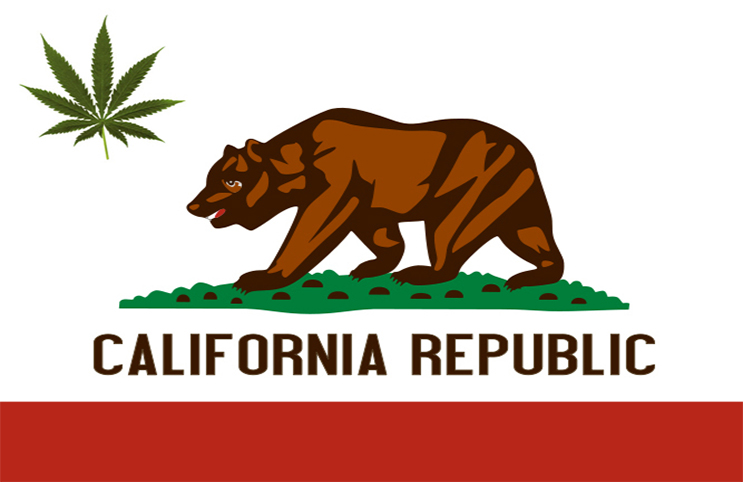A complete and fully operational legal market for medical marijuana in Michigan could lead down a road to millions of dollars in new state tax revenue. New ordinances for the state’s medical marijuana industry, which was signed by Gov. Rick Snyder and shall start taking effect in December, will require a 3 percent excise tax on dispensaries’ gross sales receipts. Additional income which is more certain to pile up if marijuana retail sales are subject to Michigan’s 6 percent sales tax – to the sum of $42.7 million – and with the collection of state and local licensing expenses.
Michigan has the potential to be the third-largest state medical marijuana market by 2020, with $556 million in predicted sales for that year, according to a report from ArcView Market Research. The Tax Foundation, based in Washington, D.C., forecast in May that a mature cannabis industry could produce as much as $28 billion in tax revenue at federal, state and local levels. The Tax Foundation, based in Washington, D.C., anticipate in May that a more developed cannabis industry could produce as much as $28 billion in tax nrevenue at federal, state and local levels.
“The industry supporters, the people advocating for it, want to tax it because they view as a step toward legitimizing it,” stated Joe Henchman, vice president of legal and state projects for the Tax Foundation.
The Tax Foundation analyzed tax structures in the four states that legalized the recreational adult use of marijuana; several initially imposed tax rates in the double digits, according to the Tax Foundation.
Colorado charges a 15 percent tax on the wholesale marijuana price and a 10 percent state tax on the sales price; the latter will go to 8 percent in July 2017, according to the Tax Foundation.
Washington state charges a 37 percent excise tax on the retail sales price, while Oregon levies a 25 percent excise tax on the sales price; Oregon’s rate will fall to 17 percent later this year. Dropping rates could be a way to ensure taxes are “Not so high that it’s inducing people to go and find a black market dealer.” Gary Wolfram, William E. Simon professor of economics and public policy at Hillsdale College, in February published a report estimating that Michigan’s excise and sales tax windfall from the new regulations would range from $44.3 million to $63.5 million annually.
MAPH Enterprises, LLC | (305) 414-0128 | 1501 Venera Ave, Coral Gables, FL 33146 | new@marijuanastocks.com










